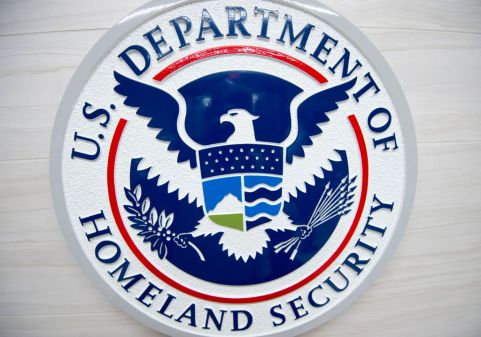
So the government avoided a shutdown, ensuring that the 800,000 government employees expected to be furloughed continue to get paychecks, but also the hundreds of small and mid-sized businesses that support the government who would have gone without pay as well.
As the shutdown loomed, we caught up with Bob Dinkel, a 30-year industry veteran and board member at the Small & Emerging Contractors Forum (SECAF), a non-profit organization providing a voice to more than 400 government contractors, for a look at what the shutdown would mean to small business.
“In some cases it can be pretty devastating,” said Dinkel, a managing partner at Pierce Capital Partners after selling his company FedResults at the end of 2010. “The hardest part comes with the delays in payments and the stop work orders, because so many of these emerging companies depend on that steady stream of cash to keep operating.”
Of course that only mattered if the government indeed got shutdown. The contractors working with the Department of Defense and the Department of Homeland Security, along with federal agencies doing necessary work like the Federal Aviation Administration would continue as normal, but those with work in the civilian agencies were sure to struggle, Dinkel said.
According to a quick survey done by SECAF of member companies, 55 percent said a government shutdown would not affect business while 38 percent said they would have to ask employees to use personal leave. Another 14 percent said they would try to use the time productively, sending employees to training or focusing on other areas of the business such as commercial work while only five percent said they would need to dock pay.
“A shutdown brings lots of challenges for the business community, but as long as the companies remained focus and had a strong contingency plan – and the shutdown doesn’t last too long – they could get through it,” Dinkel said.






